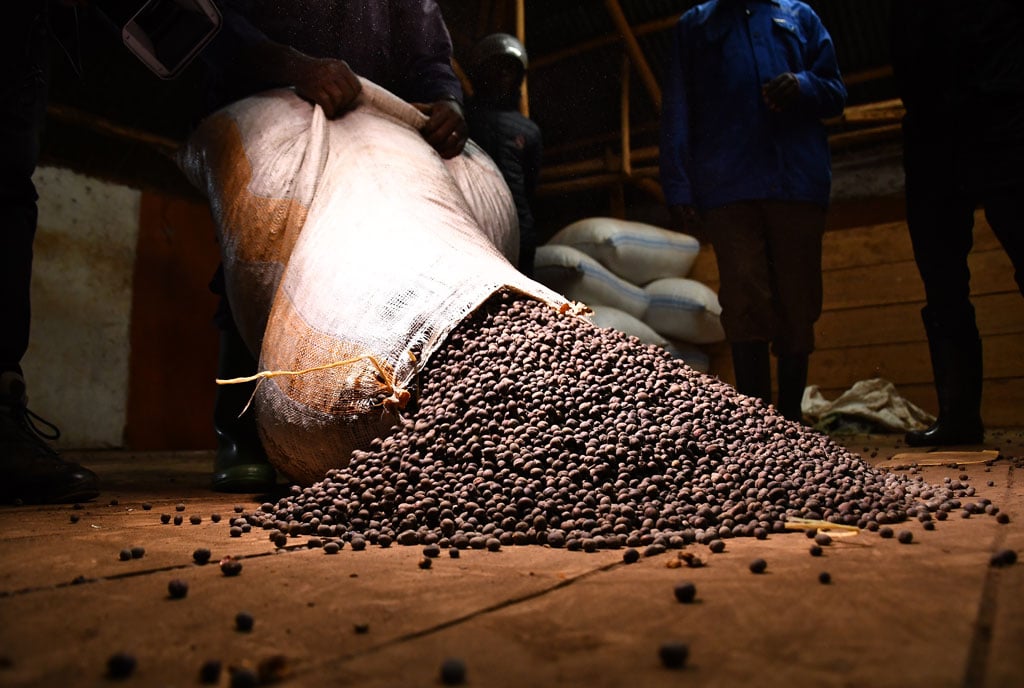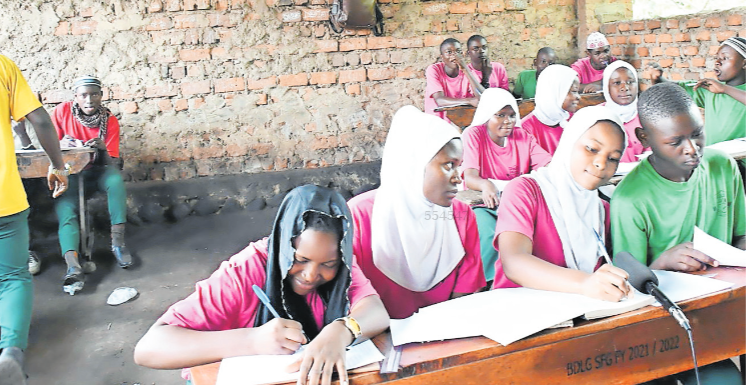Prime
Government fails to convince mothers on exclusive breastfeeding

Breastmilk substitutes include infant formula, home-prepared modified milk made with fresh animal milk, or powdered full cream milk or Ultra Heat Treated (UHT) milk.
The number of women practising exclusive breastfeeding for up to six months has stagnated despite campaigns about dangers of feeding babies breastmilk substitutes at that age, government has revealed.
“The [recent] panel survey shows that breastfeeding rate is still around 66 percent...the time for caring for children is being taken away; we spend most of our time at the workplace and we leave our children in the hands of maids,” Mr Charles Asiimwe, the senior nutrition advisor at the Office of the Prime Minister, said yesterday.
He said a panel survey is done in four regions of the country in a group of women that are followed every year. The 2016 Uganda Demographic and Health Survey by the government [also] indicates that the breastfeeding rate was at 66 per cent.
“Almost 55 per cent of children from educated mothers are the ones receiving breastmilk substitute… but the figures in Karamoja show that the breastfeeding rate is between 80 and 90 percent,” he said.
Mr Asiimwe was speaking on the sidelines of a health symposium on the implementation of breastmilk substitute held at Makerere University School of Food Technology.
The symposium comes 40 years after the World Health Organisation introduced the International regulations guiding marketing of breastmilk substitutes and Uganda is one of the countries implementing the rules.
Breastmilk substitutes include infant formula, home-prepared modified milk made with fresh animal milk, or powdered full cream milk or Ultra Heat Treated (UHT) milk.
Ms Barbara Nalubanga, a nutritionist and the executive director of International Baby Food Action Network (IBFAN), Uganda, said denying the baby breastmilk predisposes the baby to manifold health and social challenges in the future.
“Breast milk is what gives children the first immunisation. So children [who are not breastfed] fall easily sick, they are not that intelligent. You find that some of the children become malnourished and end up dying,” she said.
Breast milk benefits
Additional information from WHO indicates that breastfed children “are less likely to be overweight or obese and less prone to diabetes later in life.”
Breastmilk provides all the energy and nutrients that the infant needs for the first months of life, and it continues to provide up to half or more of a child’s nutritional needs during the second half of the first year, and up to one third during the second year of life.
Like Mr Asiimwe, Ms Nalubanga asked the government to block promotion of breastmilk substitutes in hospitals to avoid undermining exclusive breastfeeding and eroding confidence of mothers who value breastfeeding.
“One essential way to promote breastfeeding is to regulate the promotion of breastmilk substitutes. Just imagine all these people are going to health facilities to promote their products...individual health workers and management should refuse to allow companies that manufacture the breastmilk substitute to use them to promote their products,” Ms Nalubanga said.
She said inappropriate marketing of the breastmilk substitute violates the WHO International regulations guiding marketing of breastmilk substitutes and asked the government to increase enforcement.
Mr Brian Ssekasamba, the healthcare and nutrition manager for Danone, a private company dealing in breastmilk substitutes, said they engage health workers about their products with strict adherence to ethics and WHO Code. “We actually support, encourage and do all that is required to do breastfeeding for all infants. Exclusive breastfeeding for the first six months…We don’t promote infant formula. What we do is share factual and scientific information in regard to the nutrient composition of our products that can actually help babies grow and thrive, especially those that can’t breastfeed,” he said.
Mr Asiimwe, however, said increasing adoption of breastfeeding will require more engagement among health workers, dealers in breastmilk substitutes and sensitising parents.
Ms Laura Ahumuza, a senior nutritionist at the Ministry of Health, said some of the violations are as a result of lack of knowledge among health workers, but added that the ministry will soon roll out a ‘baby friendly hospital initiative’.




